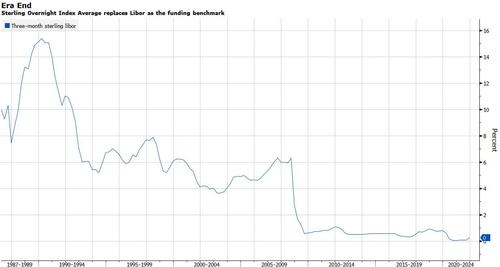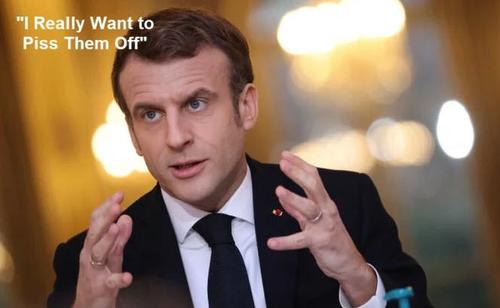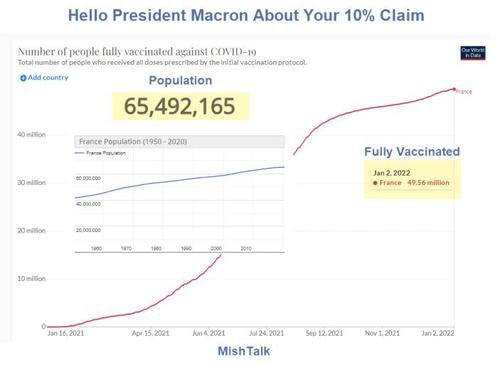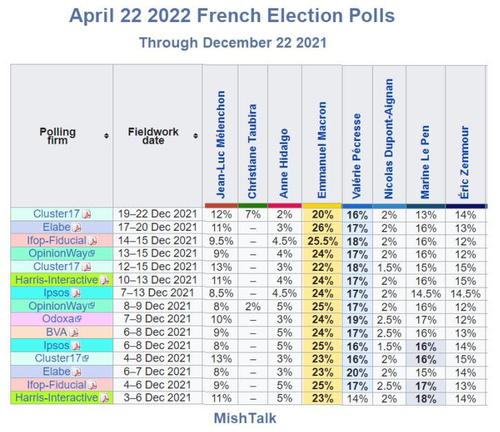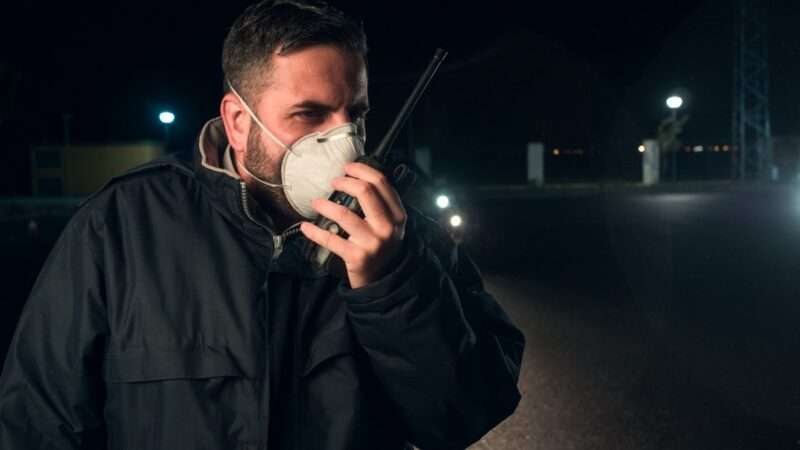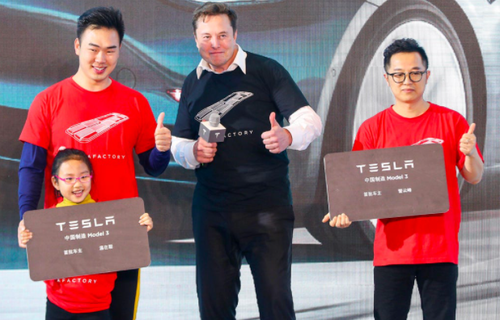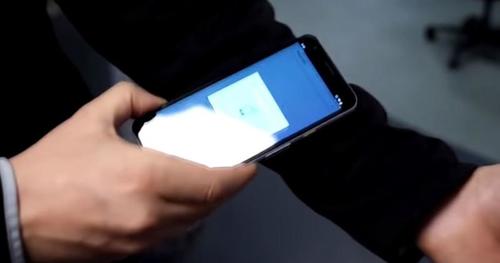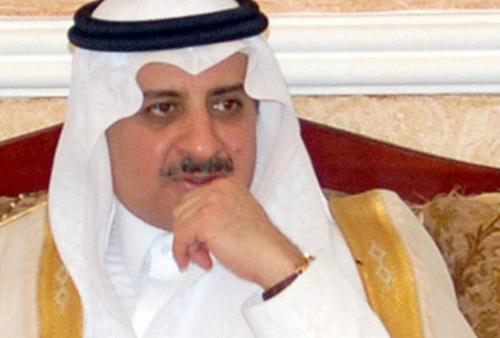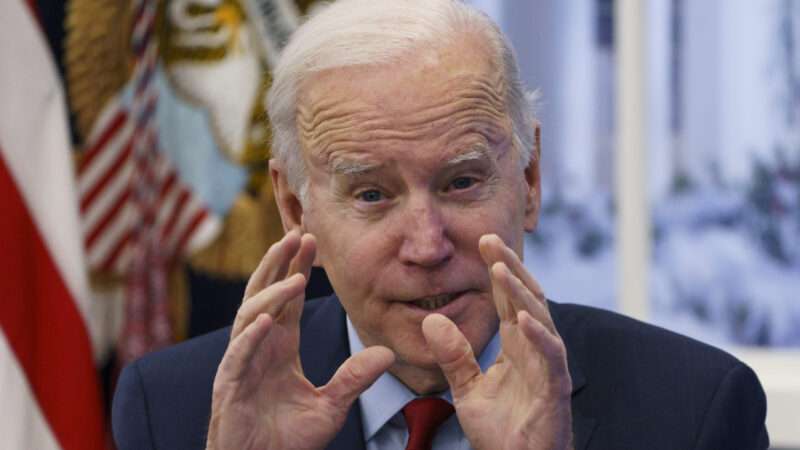
Panicked about rising prices and resulting public anger, the Biden administration is doing what politicians do best: taking advantage of a situation to shift blame. In this case, the White House evokes fears of greedy corporations to call for antitrust action against business. That’s rich coming from officials who are largely at fault for inflation as well as for the industrial concentration they criticize. Don’t fall for their desperate ploy to divert attention from the mess that government policies created.
“Four big corporations control more than half the markets in beef, pork, and poultry,” President Biden harumphed on January 3 while announcing antitrust actions and subsidies for small producers. “These companies can use their position as middlemen to overcharge grocery stores and, ultimately, families.”
The meatpacking industry is certainly concentrated, but that isn’t new and didn’t result in sticker-shock before recent price hikes hit the whole economy. And if collusion was going on, the federal government was a party to the scheme. It’s long used its authority to protect big players from competition.
“The political power held by the largest companies has meant that the regulatory environment related to markets for live cattle, hogs, and poultry; labor relations; processing inspection; product labeling; and processed meat sales favors large-scale producers and processors,” researchers at the University of California at Davis noted this past September. “There are concerns about regulatory capture at the local level as well as the federal, where both labor regulations and inspection services appear to favor the largest meat processors.”
This isn’t the first time critics pointed out that red tape favors established businesses with the connections and capacity to create and navigate a complicated regulatory environment. Instead of more intervention in the market, then, greater competition and the benefits it would offer for consumers would seem to require that the federal government do far less of what it’s been doing.
But the attack on the meatpacking industry is only part of an overall push to tout antitrust enforcement as a cure-all for inflation. The administration pushes the policy even though “White House officials concede that their antitrust moves are unlikely to reduce costs for U.S. businesses or consumers immediately,” as The New York Times reported on Christmas Day. They’re not even shy about admitting that “fighting inflation was not the initial motivation for Mr. Biden’s competition agenda.”
So, antitrust is an unlikely and opportunistic remedy for price hikes constituting “the largest 12-month increase since the period ending June 1982,” as the Bureau of Labor Statistics announced last month.
“The emerging claim that antitrust can combat inflation reflects ‘science denial,'” argues Larry Summers, who headed former President Barack Obama’s National Economic Council. “There are many areas like transitory inflation where serious economists differ. Antitrust as an anti-inflation strategy is not one of them.” In fact, he adds, it’s “more likely to raise prices than lower them” by reducing supply.
To find a solution, then, we need to better identify the problem.
“Starting in March 2020, in response to the disruptions of Covid-19, the U.S. government created about $3 trillion of new bank reserves, equivalent to cash, and sent checks to people and businesses,” points out economist John Cochrane in a new paper for a Cato Institute policy conference. “The Treasury then borrowed another $2 trillion or so, and sent more checks. Overall federal debt rose nearly 30 percent.”
“It is hard to ask for a clearer demonstration of fiscal inflation, an immense fiscal helicopter drop, exhibit A for the fiscal theory of the price level,” he adds.
Economist Nicolás Cachanosky explicitly agrees with Cochrane in a December piece for the American Institute for Economic Research “that these stimulus plans are a candidate to explain the recent spike in inflation rates.” He argues that officialdom is downplaying the role the massive sums sent directly to consumers and firms by the Trump and Biden administrations played in sending prices through the roof.
“It is more convenient for the government to argue that inflation is due to supply-chain shocks or scapegoats (such as evil corporations) than admitting it is of their own doing,” Cachanosky comments. “Can you imagine the Biden Administration admitting that the American Rescue Plan and all those checks sent to families across the country are an important part of the reasons why we have higher inflation today?”
That means that antitrust policy isn’t going to get us out of this mess because the corporate concentration it targets (forget that the government officials pushing antitrust helped create that concentration) isn’t the culprit. In fact, more red tape may worsen the problem. For example, the Hoover Institute’s David R. Henderson warns that White House plans to reregulate railroads threaten further supply-chain disruptions and higher prices.
But that doesn’t mean that nothing can be done.
“The future is not hopeless,” Cochrane assures readers in his paper. “Inflation control simply requires our government, including the central bank, to understand classic lessons of history. Forestalling inflation is a joint task of fiscal, monetary, and micro-economic policy.”
What would understanding classic lessons of history look like for policymakers? Summers urges the White House to “consider scaling back ‘buy America’ in favor of buying cheap, reduce restrictions on entry into energy productions, scale back tariffs and anti-dumping actions and reduce regulatory delays that preclude capacity increases.”
The Tax Foundation agrees that “the Trump-Biden tariffs have been passed almost entirely through to U.S. firms or final consumers” in the form of higher prices. While it suggests that tariffs’ effect on overall inflation is relatively small, “a repeal of them would be a directional improvement.”
And maybe—just a thought—avoiding another “fiscal helicopter drop” of cash manufactured from thin air would be a wise idea. That wouldn’t eliminate the price increases we’ve already experienced, but it would help to forestall further inflation and the very real economic pain people suffer as a result.
If the White House wants to battle concentration in certain industries, the best place to start is to eliminate regulatory barriers to competition. That would be a lot more fruitful than raising bogus antitrust claims about an inflation problem that government officials themselves created.
The post Biden's Antitrust Enforcement Won't Fix Inflation appeared first on Reason.com.
from Latest – Reason.com https://ift.tt/3HBKJPg
via IFTTT
